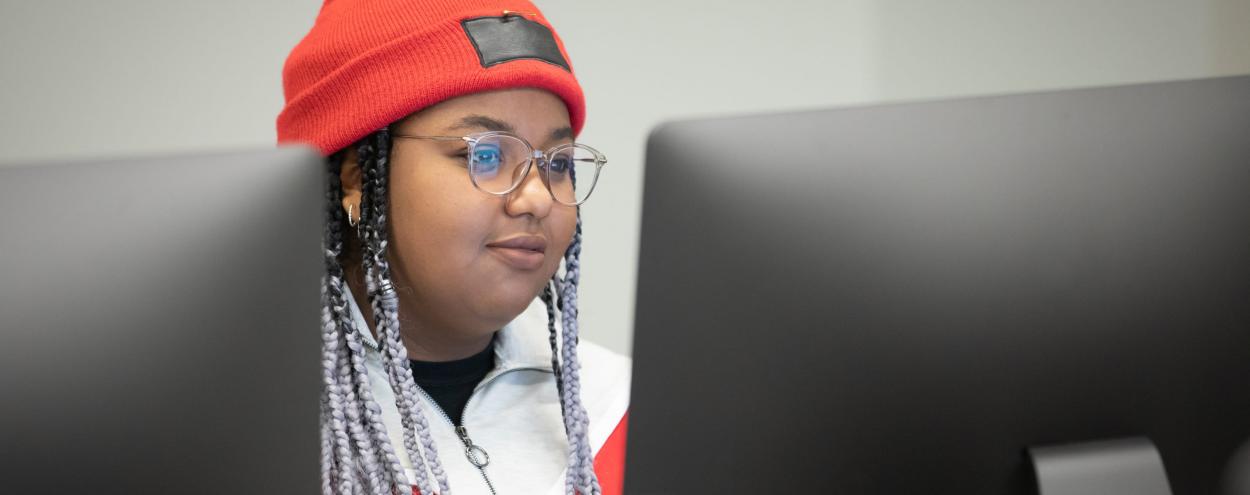
A new pilot project is enabling George Brown College students to reap the benefits of international work-integrated learning (WIL) – including building intercultural competencies and preparing for success in the global economy – without leaving home. From Jan. 1 to March 31, several students will complete virtual placements with host companies in Spain, Portugal, China, Japan, Singapore and Sweden.
“With the COVID-19 pandemic making travel abroad unavailable, George Brown is excited to explore this innovative and safe alternative,” says Dario Guescini, Director, Work-Integrated Learning, Experiential Education and Global Mobility. “This pilot program will engage students who might not otherwise have had the opportunity to gain international experience, while providing the data we need to make international WIL more accessible to all.”
The pilot is funded by the Government of Canada’s Outbound Student Mobility Pilot Program through the CICan Innovation Fund. Delivered in partnership with Absolute Internship, it will give priority to individuals who are traditionally underrepresented in education-abroad programs, including students who are Black, Indigenous or People of Colour (BIPOC), students with disabilities and students with low incomes.
Not only will participants gain practical experience working with international organizations, they’ll also have the opportunity to provide feedback on current barriers to participation and possible strategies to enhance diversity and inclusion in future education-abroad programs. The college will use this feedback to examine how we can better serve and support students.
The pilot will also drive the integration of new technology to track WIL placements, with an end goal of allowing students and administrators to view, interact, manage and share their experiences on a single platform.
“What we learn from this pilot will enable us to provide even better international WIL experiences when students are able to travel again in the future,” says Guescini.
